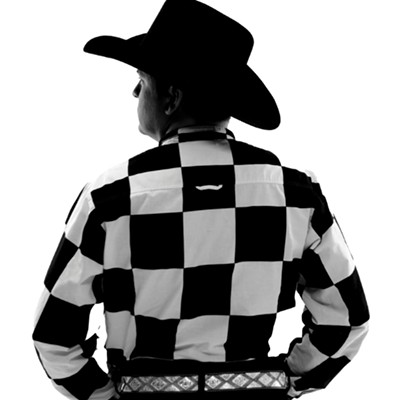Nothing much happens in Mike Leigh films, at least not in the strictest sense of Plot Mechanics 101. There are no car chases or explosions, not even a juicy epiphany in the final reel. But in such emotionally rich films as “Secrets & Lies,” “Topsy-Turvy” and, now, “Another Year,” the British writer/director explores the complexities of human interaction with an anthropologist’s curiosity and a poet’s heart.
Companionship and the yearning for it drift through the lives of the characters in “Another Year.” At the center of its orbit is something you don’t often see in movies: a well-adjusted, happily married couple. Jim Broadbent (“Harry Potter and the Half-Blood Prince”) and Ruth Sheen (“Vera Drake”) portray Tom and Gerri — yes, they’ve heard all the jokes — a pair of 60-something London professionals who have settled into a cozy flow of cooking, gardening and occasional visits from their son, Joe (Oliver Maltman, “Happy-Go-Lucky”).
Their friends, however, are another story. The couple’s compassion and hospitality, not to mention Gerri being a therapist, draw frequent visits from a co-worker, Mary (Lesley Manville, “A Christmas Carol”). If anyone needed serious couch time, it’s Mary, a miserably lonely secretary given to bouts of drunken self-pity and embarrassing flirtation with Joe.
For a respite, Tom and Gerri also check in with another old friend of theirs, Ken (Peter Wight, “Atonement”), who has become a depressed, overweight alcoholic.
Loosely structured around the seasons, “Another Year” is not distinguished by narrative. Storytelling isn’t Leigh’s thing. His forte is working closely with actors to uncover small moments of grace and humanity. Even by his standards, the film seems unusually free of conventional plot. Mary buys a car in hopes that it will somehow change her life. Ken indulges in food, wine and self-loathing. Joe finds a girlfriend. There is a funeral. Come to think of it, the vicissitudes of life aren’t a bad substitute for story line.
The acting is generally splendid.
Broadbent and Sheen give warm, lived-in performances. It is Manville, however, who steals her every scene as the emotionally crippled, self-defeating Mary. She straddles the line between realism and caricature but, amazingly, never loses her footing. The result is a character as frustrating as she is sympathetic. You can understand why Gerri puts up with her.
And you can understand why Mary puts up with Gerri. “Another Year,” to its credit, does not deify its happy couple. There are shades of smugness and self-satisfaction beneath their kindnesses. Such flaws don’t undermine their humanity, but instead make it real.
That is the ultimate power of Leigh’s work. “Another Year” is not for all tastes, but the patient moviegoer will be rewarded with a lovely little film.









